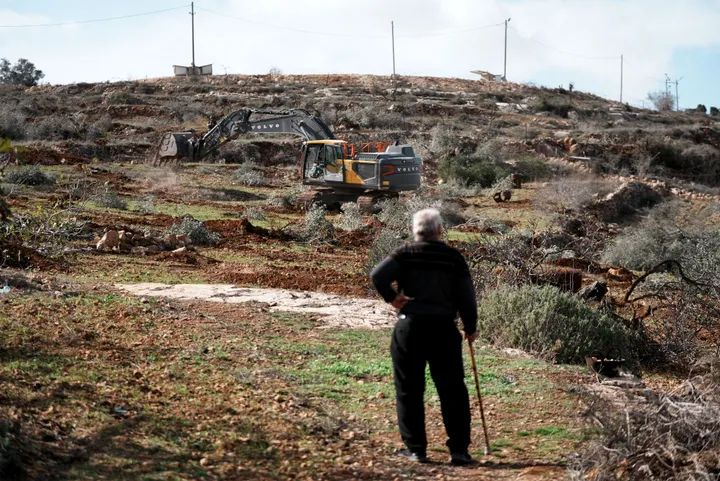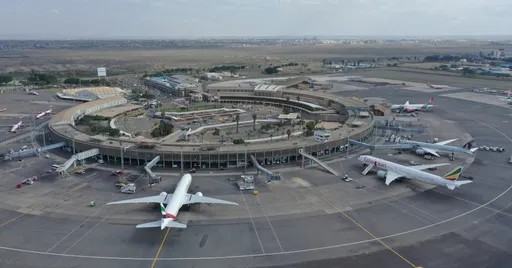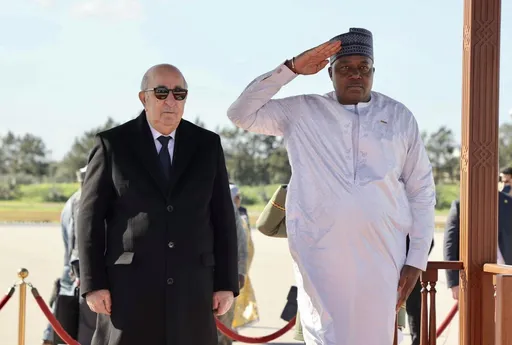By Staff Reporter
With a tone that pitches intermittently as fingers tickle the steel string of an acoustic guitar, 38-year-old Ghanaian singer and speech therapist Mawuyrami Ocloo belts out a song in Twi, one of the many dialects spoken in Ghana’s capital Accra, to a seated group of under 10-year-olds.
The children, forming a semi-circle, are of mixed personalities. Some are doodle eyed and shivering in anticipation, waiting for their cue to join in the song and scream at the top of their lungs when the chance comes.
Others appear uninterested and silent for parts of the session, but watch curiously the fellow children whose smiles and laughter are slowly becoming infectious.
“The silent ones are new to my class; soon they’ll be unable to resist the music,” says the US-trained musician and therapist.
These one-hour music sessions started more than seven years ago. Ocloo uses music as a therapeutic tool to help children with delayed speech development, especially those living with autism.
“I started singing as a child performer. I sang in my local church and grew to witness how much of an impact music had on people. I began to probe and ask, ‘What more can music offer?’,” Ocloo tells TRT Afrika.
“It’s a question that never left my heart. In high school, I started to research about music therapy and what I learnt changed my life. I realised I had found my purpose. I wanted my music to be much more than just a performer creating entertainment. I wanted my music to heal."
Shortly after high school, Ocloo travelled abroad to an American university. She returned four years later, armed with a degree in music therapy.
What is autism?
According to the Autism Research Institute in the UK, autism is a spectrum disorder, which means it appears in a range of forms and levels of severity.
Some individuals develop typical capabilities in terms of speech and language and possess exceptional skills, but struggle with lifelong social and behavioural differences.
Others may have challenges in communication, sensory sensitivities, and behavioural issues, such as excessive tantrums, repetitive behaviours, aggression, and self-harm.
Using music therapy to manage delayed speech or a lack of communication in patients living with autism is backed by science.
According to studies conducted at the University of Auckland in 2012, humming a simple familiar tune activates complex auditory processing, attention and memory in the brain.
The researchers further noted that sensory awareness, auditory attention, perception and memory can all be increased by musical experiences.
The American Institute for Neurological Function wites on its website that musical vocalisation can help retrain an individual to speak.
Music can facilitate speech because it uses areas of the brain that are involved in communication.
Rhythm can aid in vocal production by organizing the mechanisms involved in speech. “Ohimiba is the type who, growing up, he had a challenge in his speech. He had delayed speech," says Vero Osei-Atwenebona, mother of a 10-year-old.
“For about two years, Ohiniba wasn't talking well. So, as concerned parents, we went from doctor to doctor. We went to the ENT, probably there is something wrong with the ears or something…so we’ve been going up and down. And when we saw Mrs Ocloo at their school, we decided to come and see how the music actually helps and the impact has been phenomenal."
Dr Olugbenga Owoeye a consultant psychiatrist in Lagos, explains that a music therapist must first understand where a child is developmentally in the speech milestones before whipping up a intervention programme.
“What a music therapist does is to first access the age of the child and the language development stage, he or she is at,” Dr Owoeye says.
"They’ll compare this data to the level or speech milestones expected of a child that age. If the child has not developed any language or any speech at all, then they’ll start from the basics. From the sounds, to the letters, to the words, then to the phrases. This may take some time, but they will achieve their goal."
For the music therapist and student, this means binging on songs with lots of “uuuhs” and “aaaahs” that work up all speech-forming muscles.
“We work with rhymes that has lots of flowing vowels and consonants which rolls into patterns that is easily recollected by the children. We jam up the tunes to be very upbeat and animated. This psychologically lures even the most recluse of children to slowly start to open up and to mouth the words first in their heart… then out their mouth," says Ocloo.
WHO estimates that globally, one in every 160 children has an autism spectrum disorder. Data for the African region is unavailable, but in Ghana, the Centre for Learning and Childhood Development reports that an estimated 38.7% of children under the age of 14 are affected.
In Nigeria, according to a 2014 publication by the Faculty of Clinical Sciences, College of Medicine, University of Lagos, one out of every 125-150 children is living with autism. This amounts to about 600,000 Nigerian children.
Ocloss says It’s humbling to be able to step in the gap and be a source of hope.
"It’s just so heart-warming to see a child develop and move on into another step. Parents are highly frustrated and the education system here in Ghana is not adequately resourced to help people with these kinds of challenge. That’s why I’m so grateful that music is creating us avenue to help children living with this condition."
Francis Sarpong, a father of an autistic 12-year-old, has seen improvements not only in his child's speech but also in self-confidence and socialisation.
“In the sessions, they are learning how to walk and how to talk, they say ‘raise your head and talk’. These are some of the advantages you'll not see out of a normal school setting."
Today, Ocloo’s work is getting her invitations to work in critical care in children’s hospitals across schools and hospitals in Ghana. In December 2022, she became the first resident music therapist at the University of Ghana Medical Centre.
"Music is a window to the soul. I am glad my music has done so much more," says a beaming Ocloo. ENDS


















.JPG?width=512&format=webp&quality=80)




